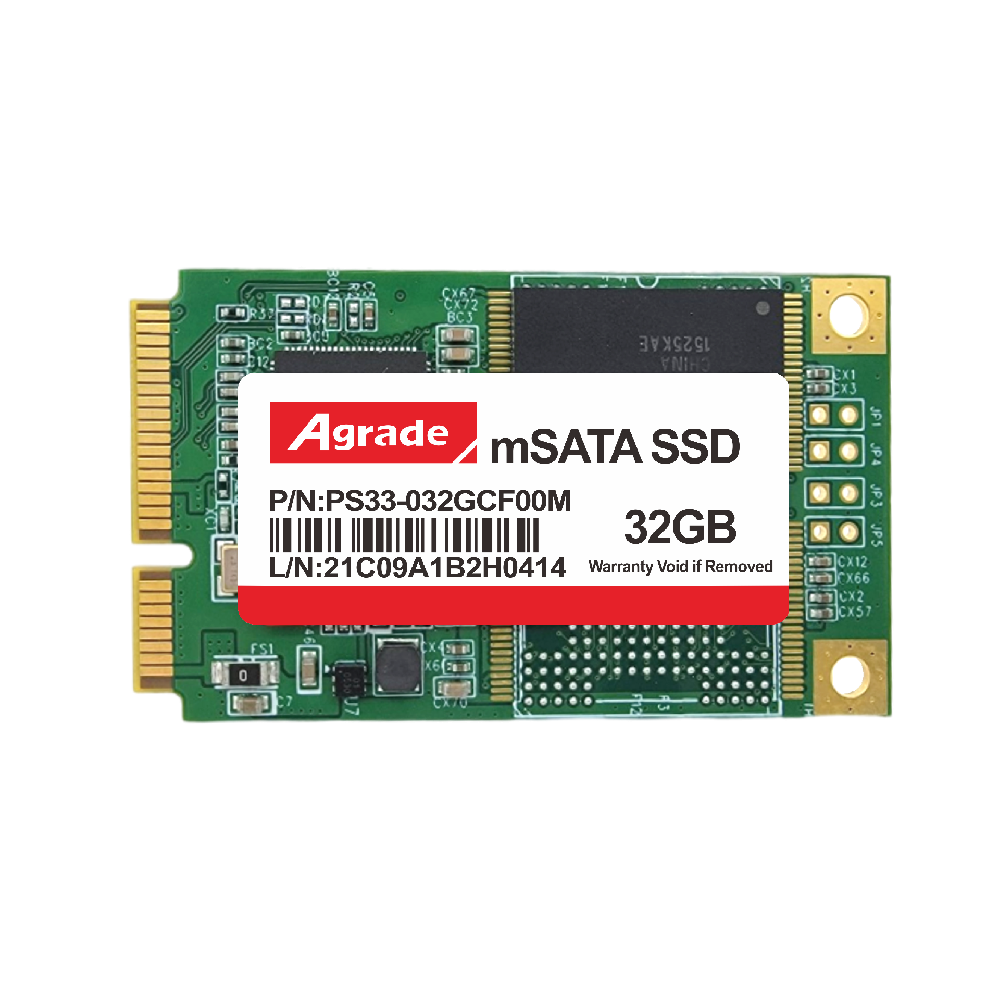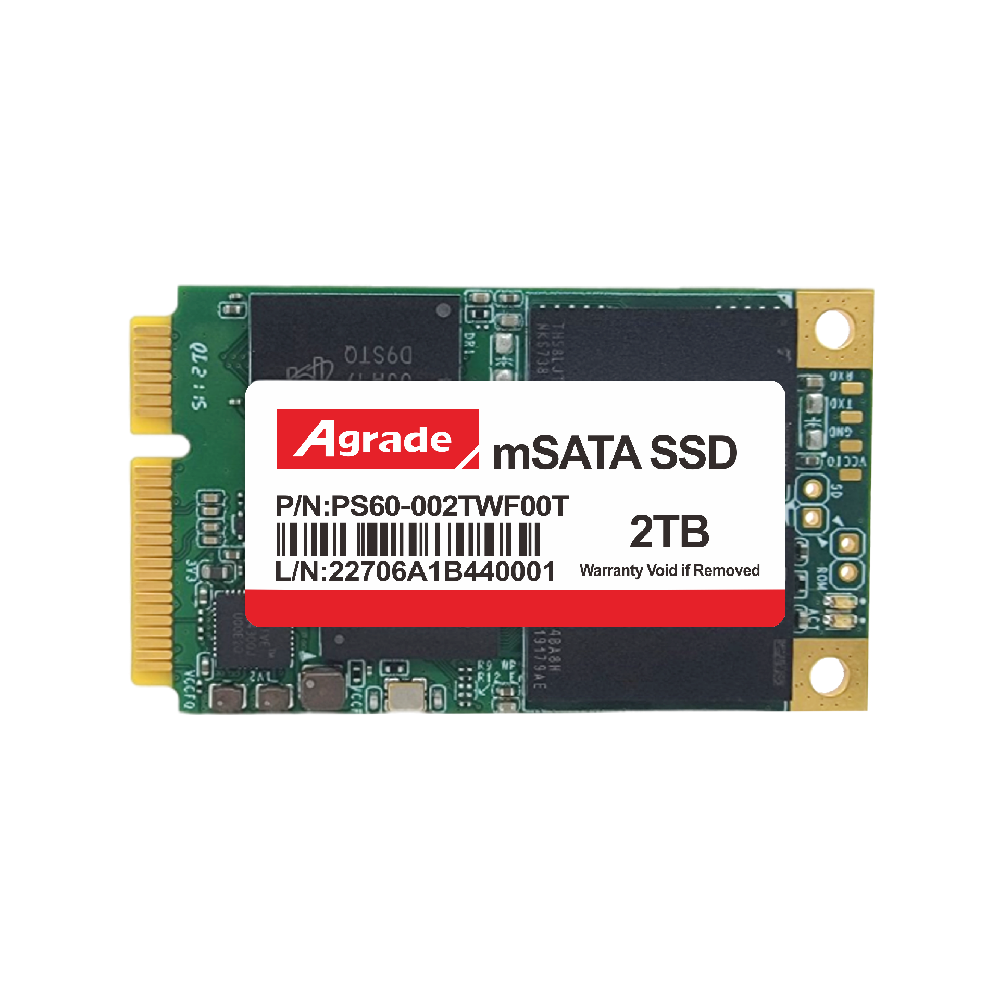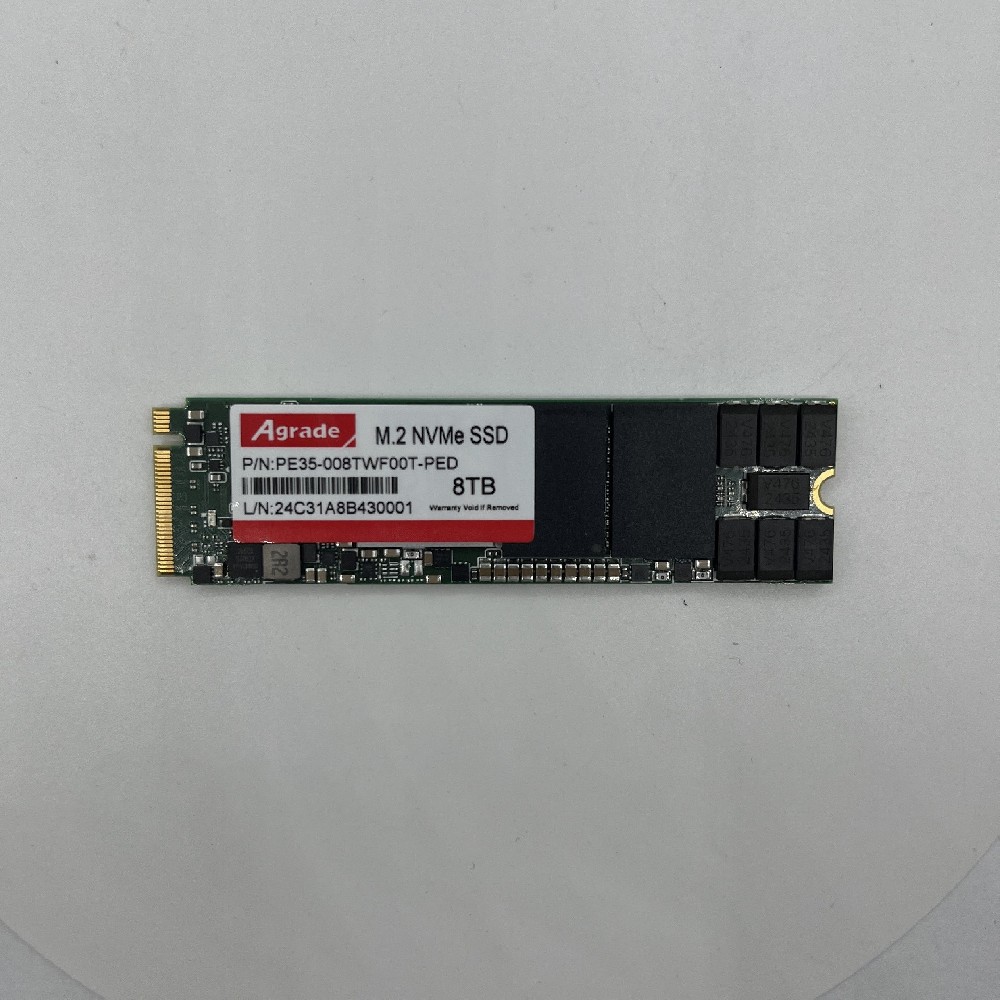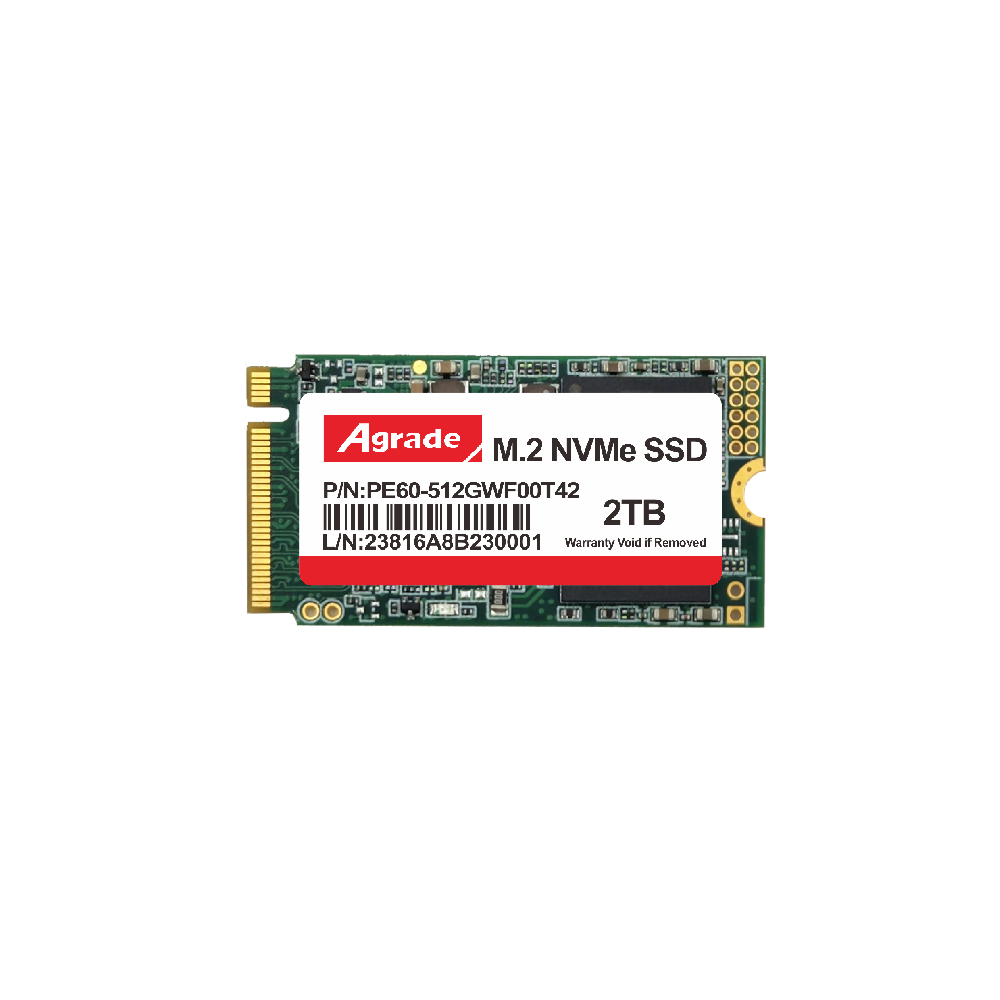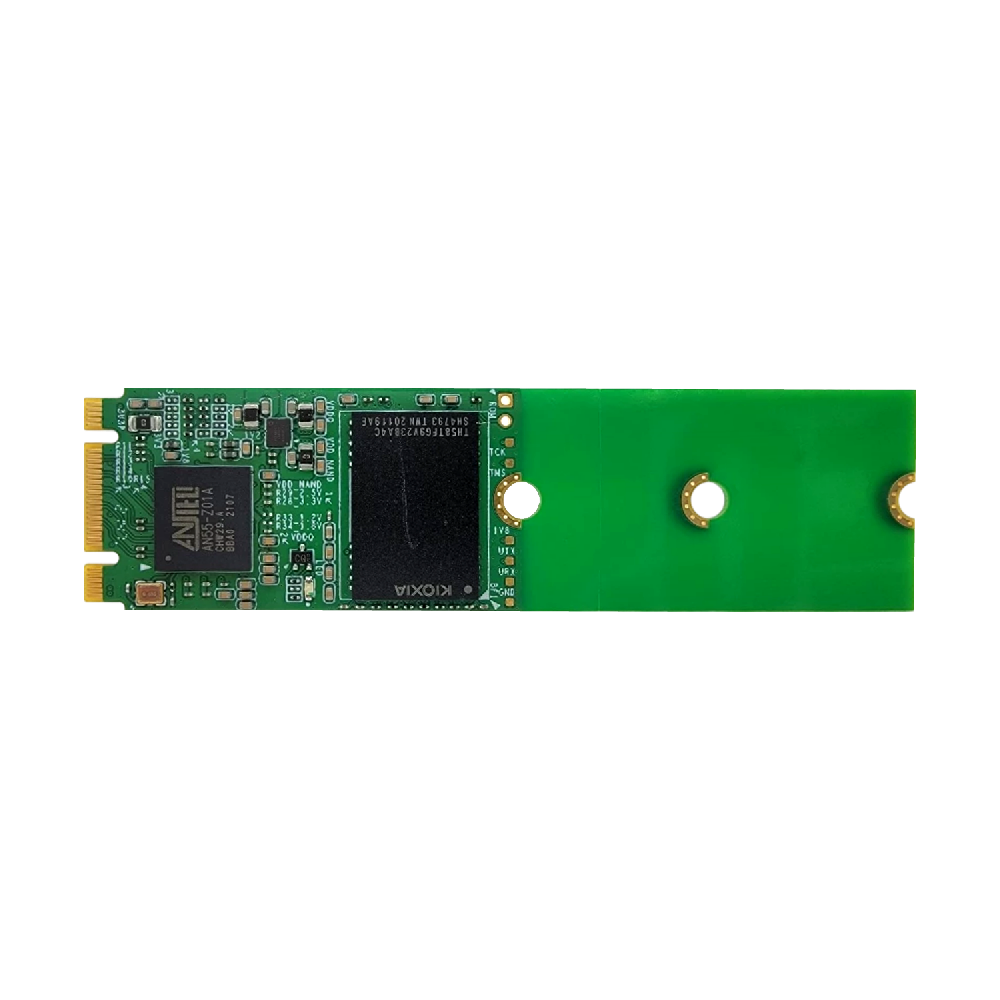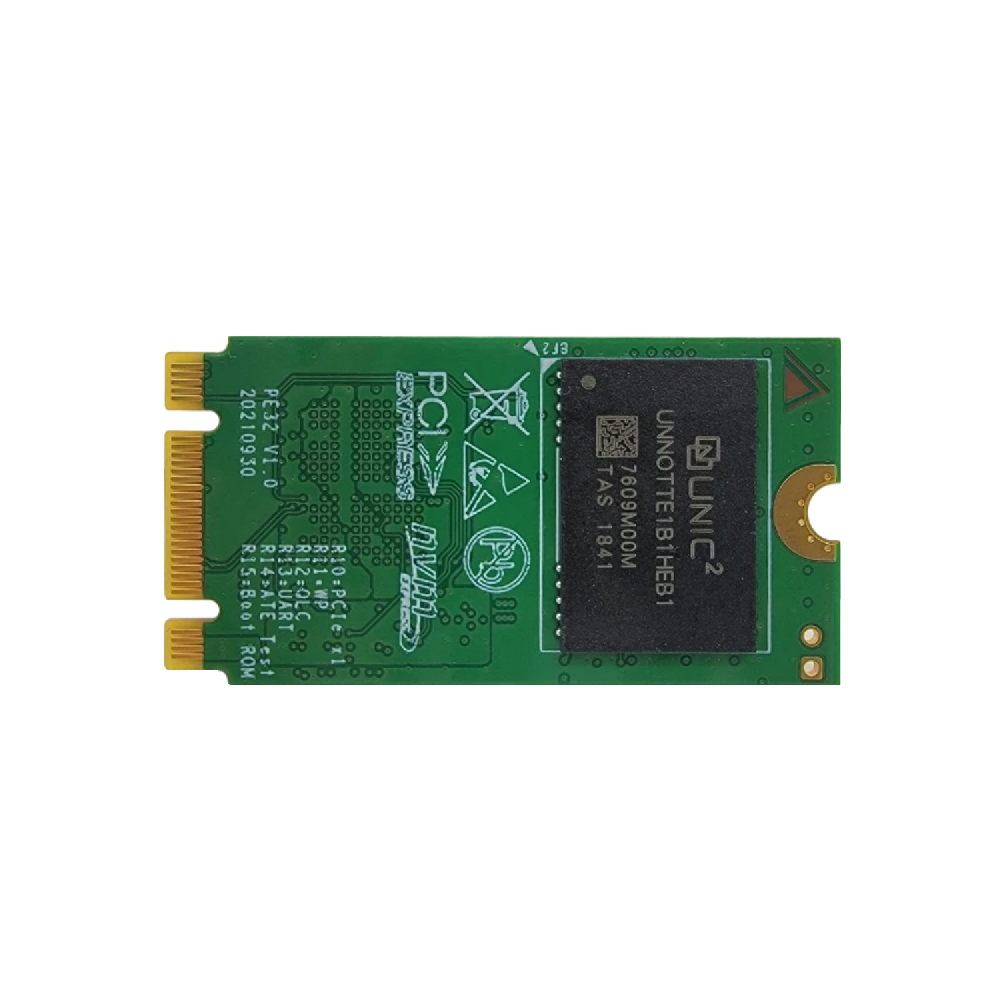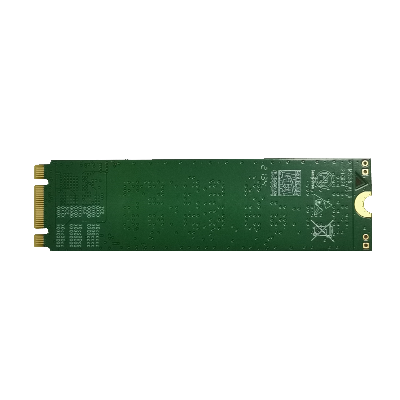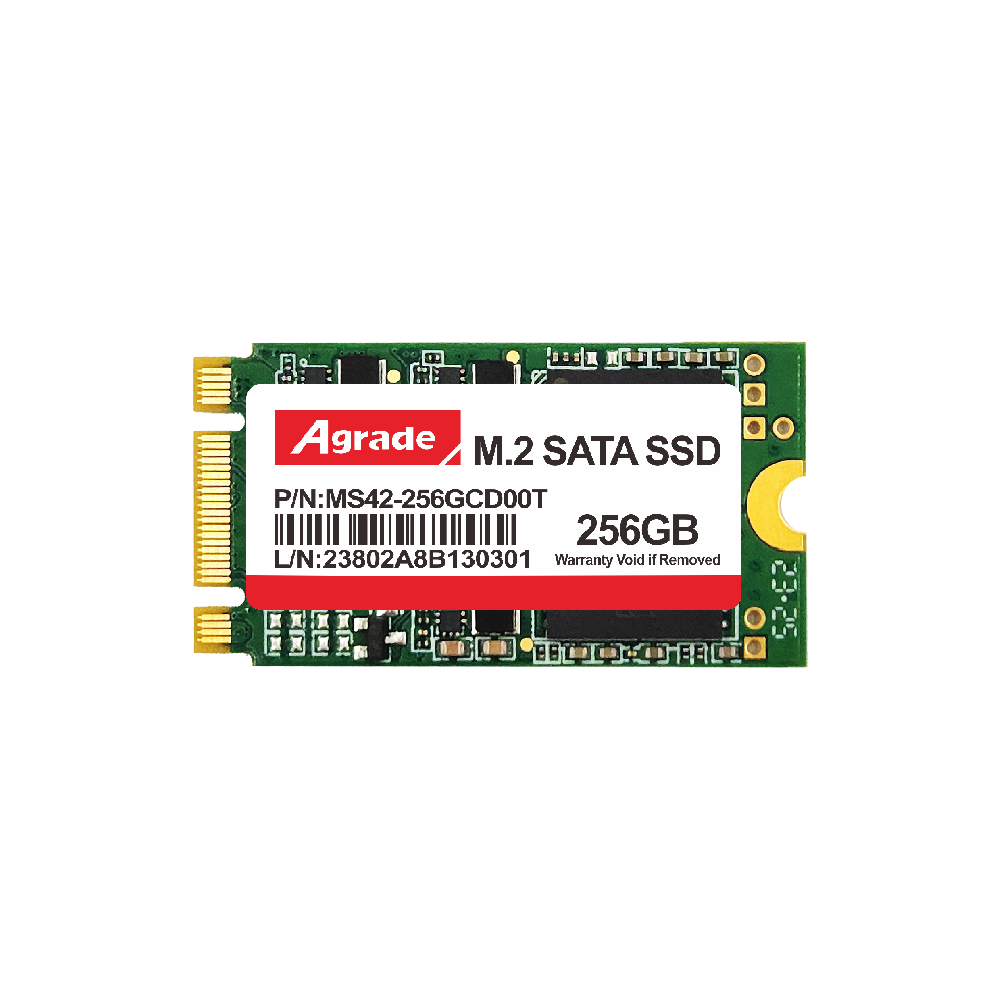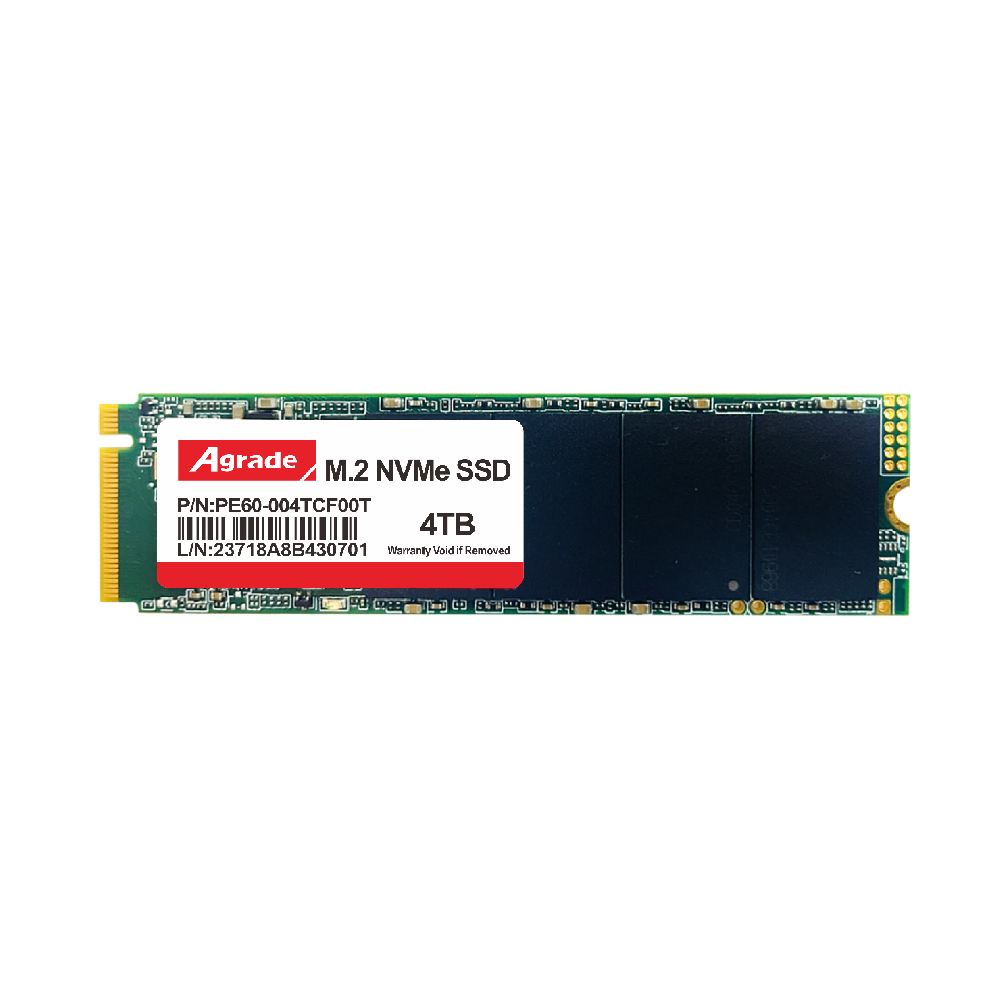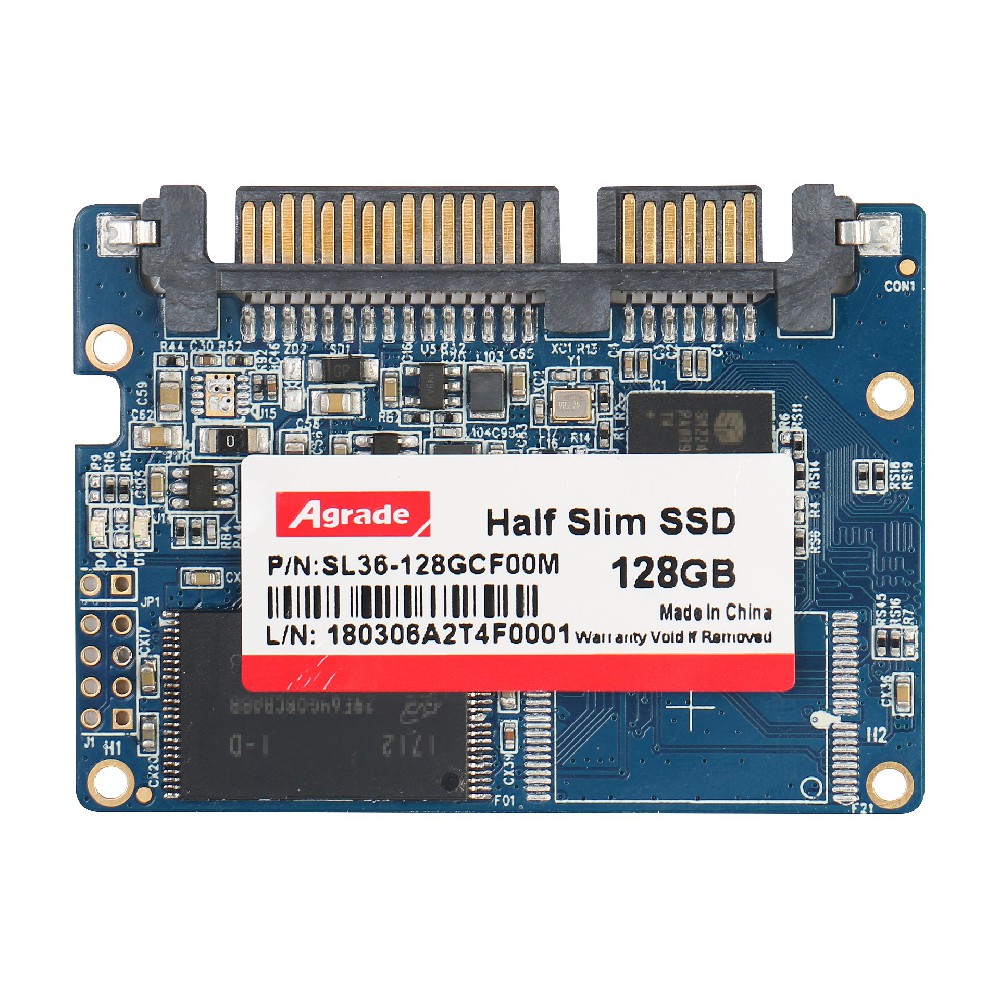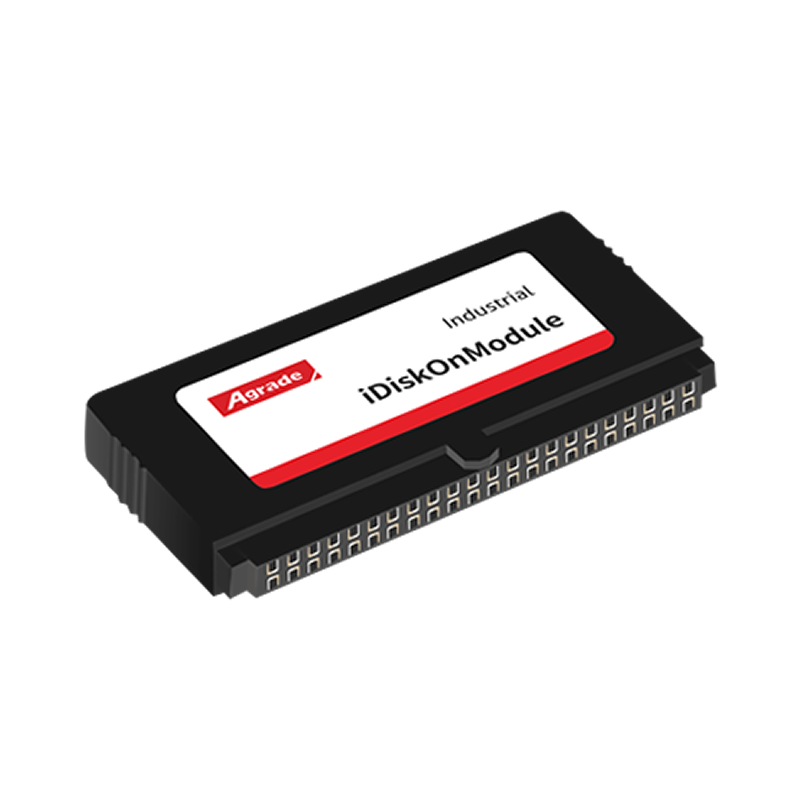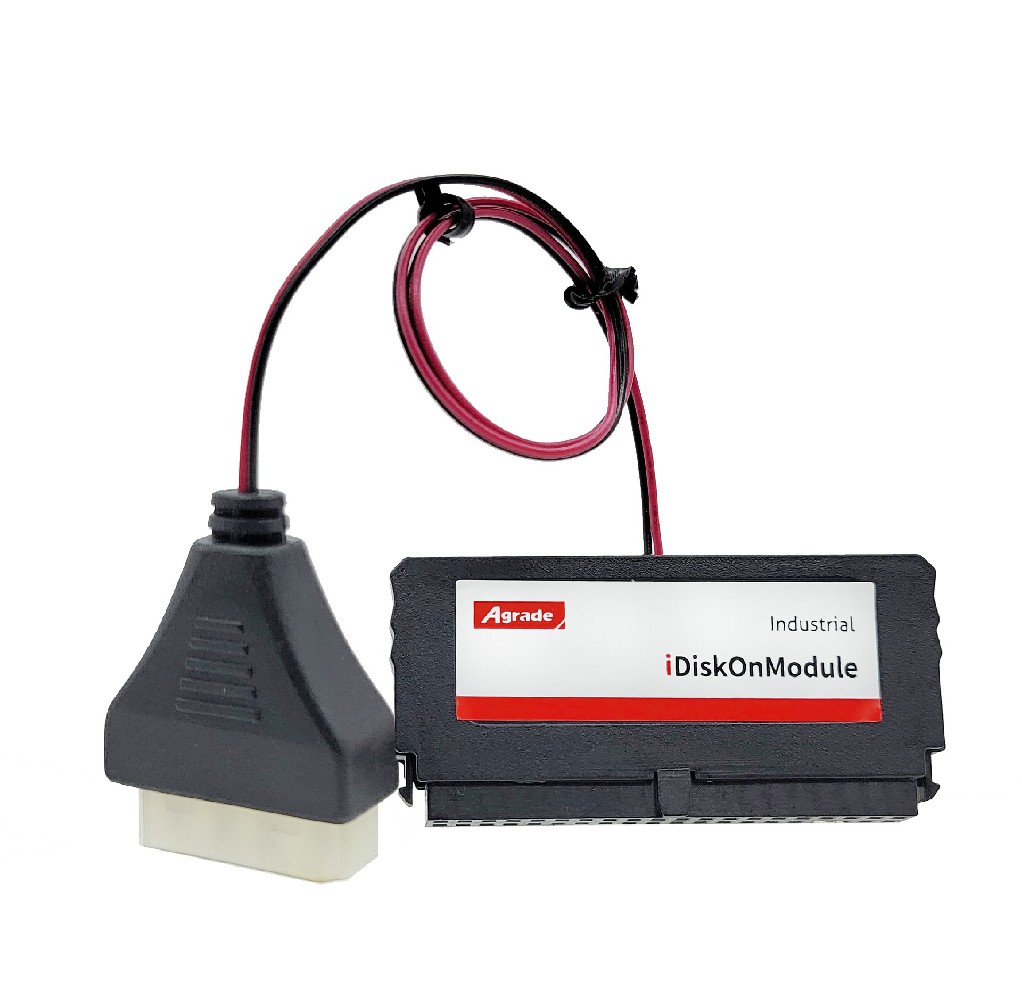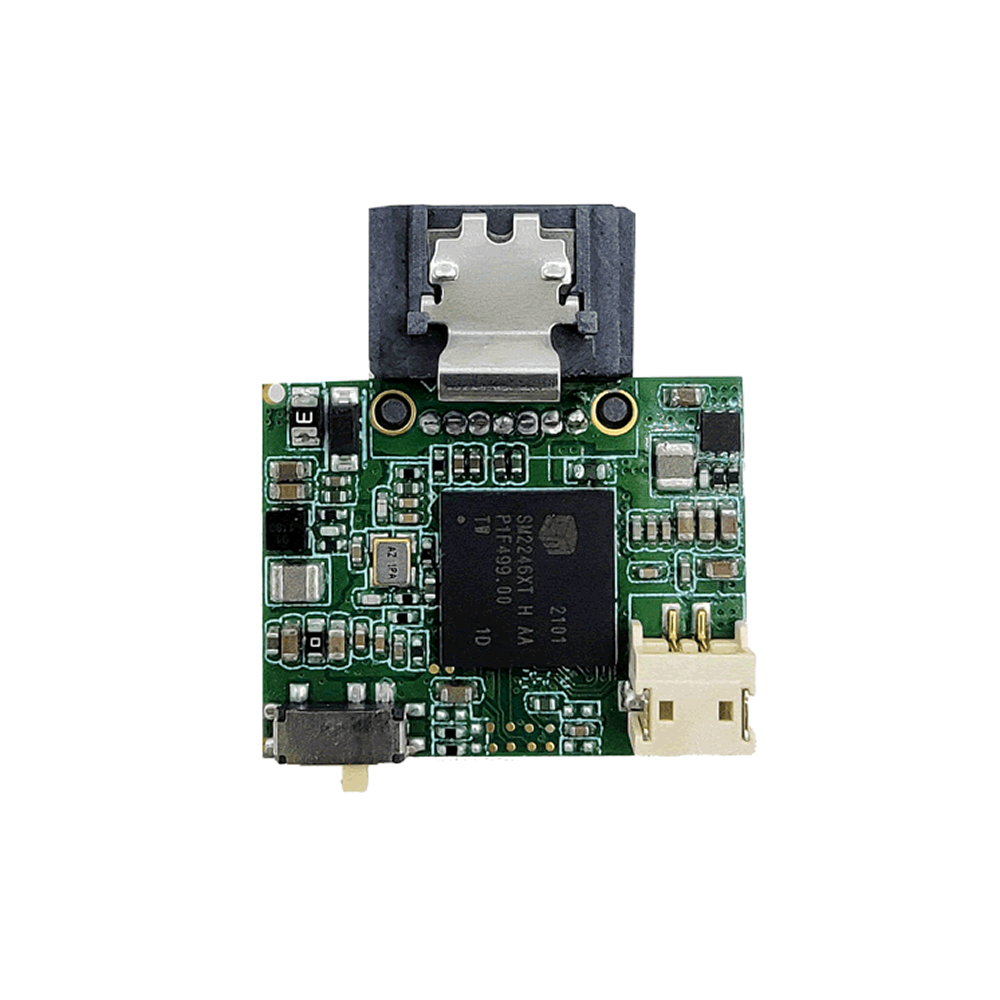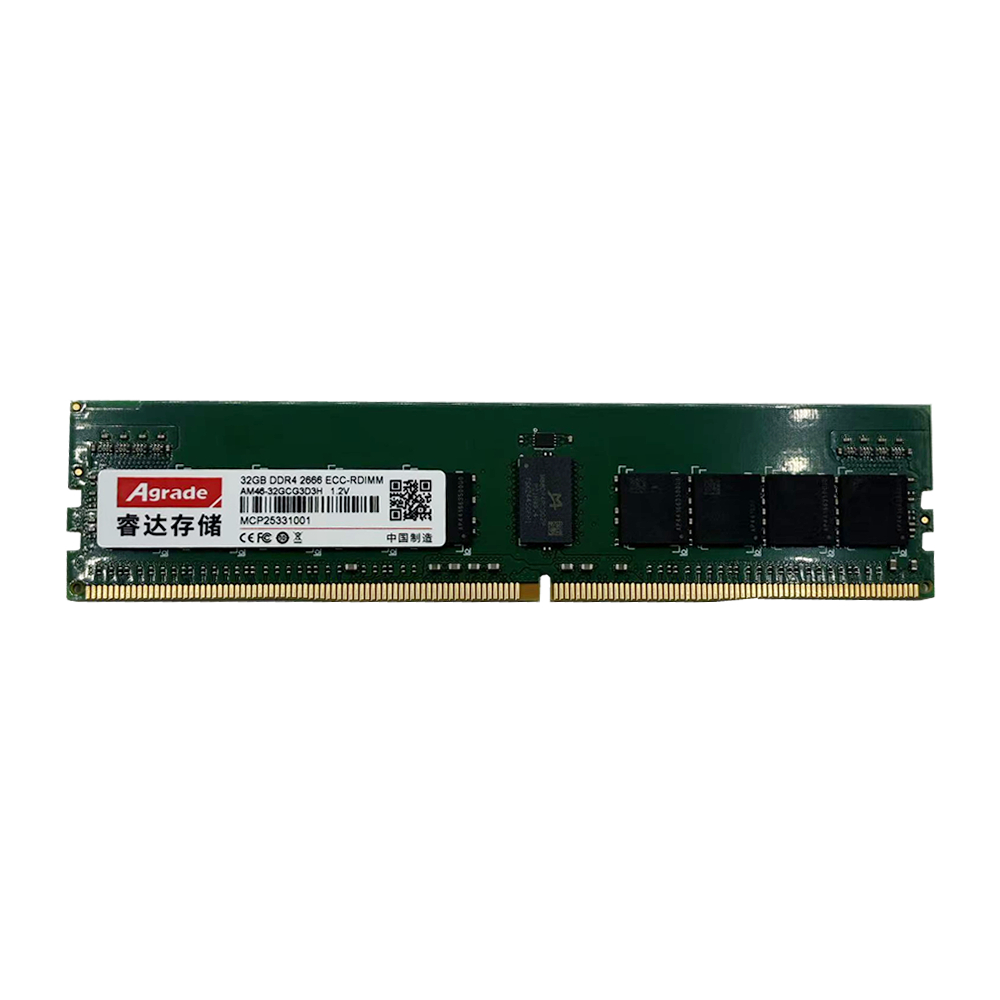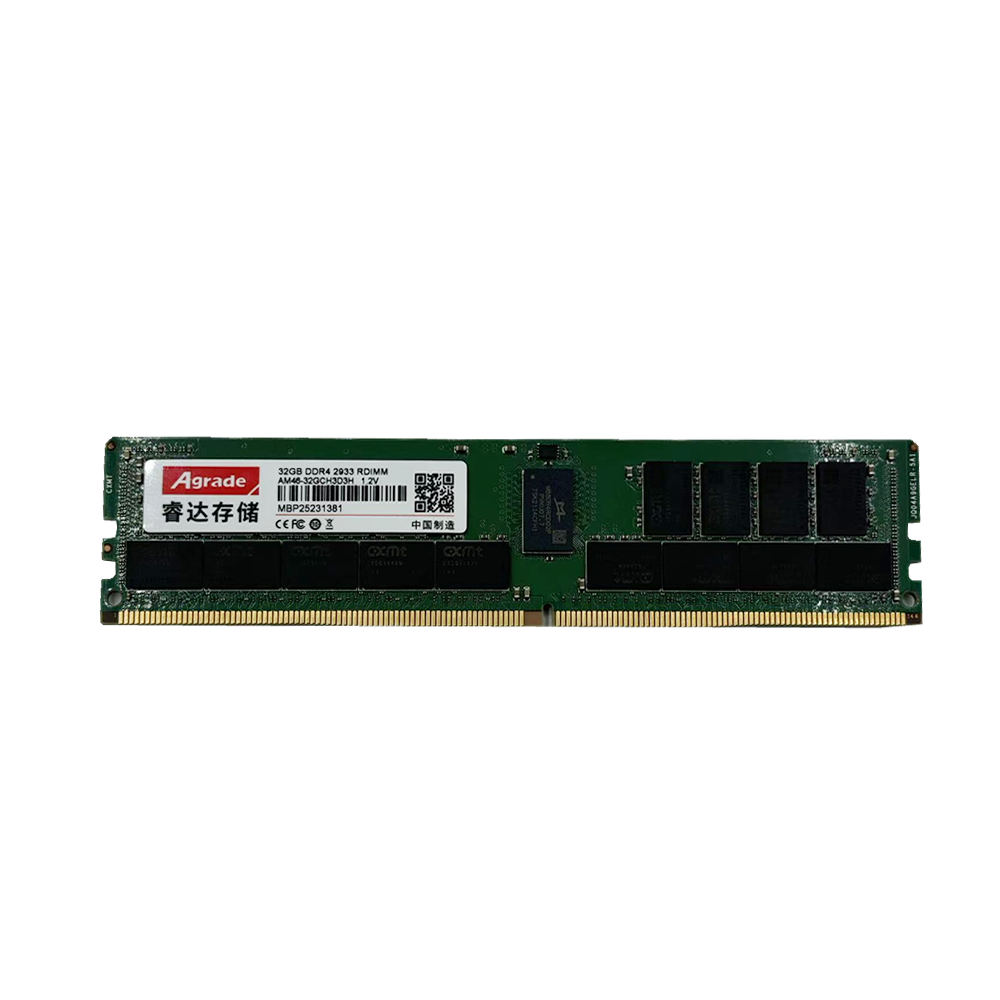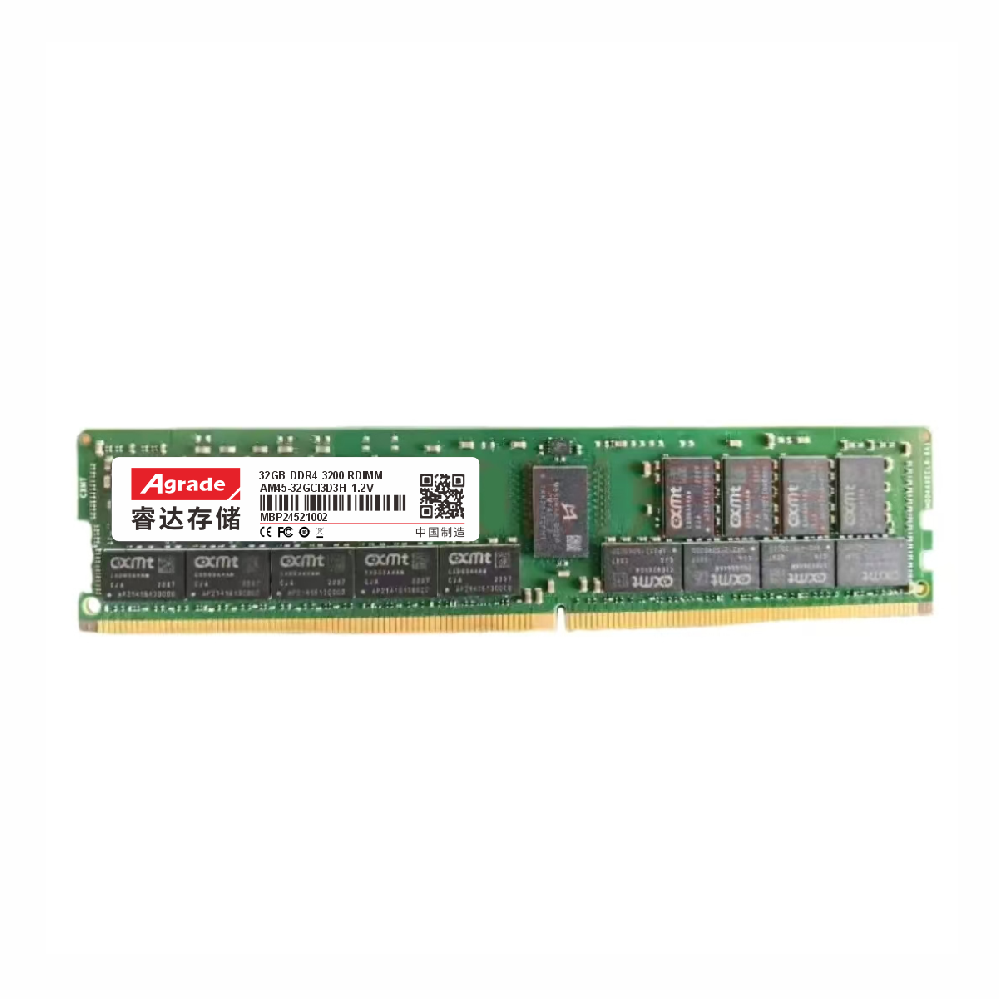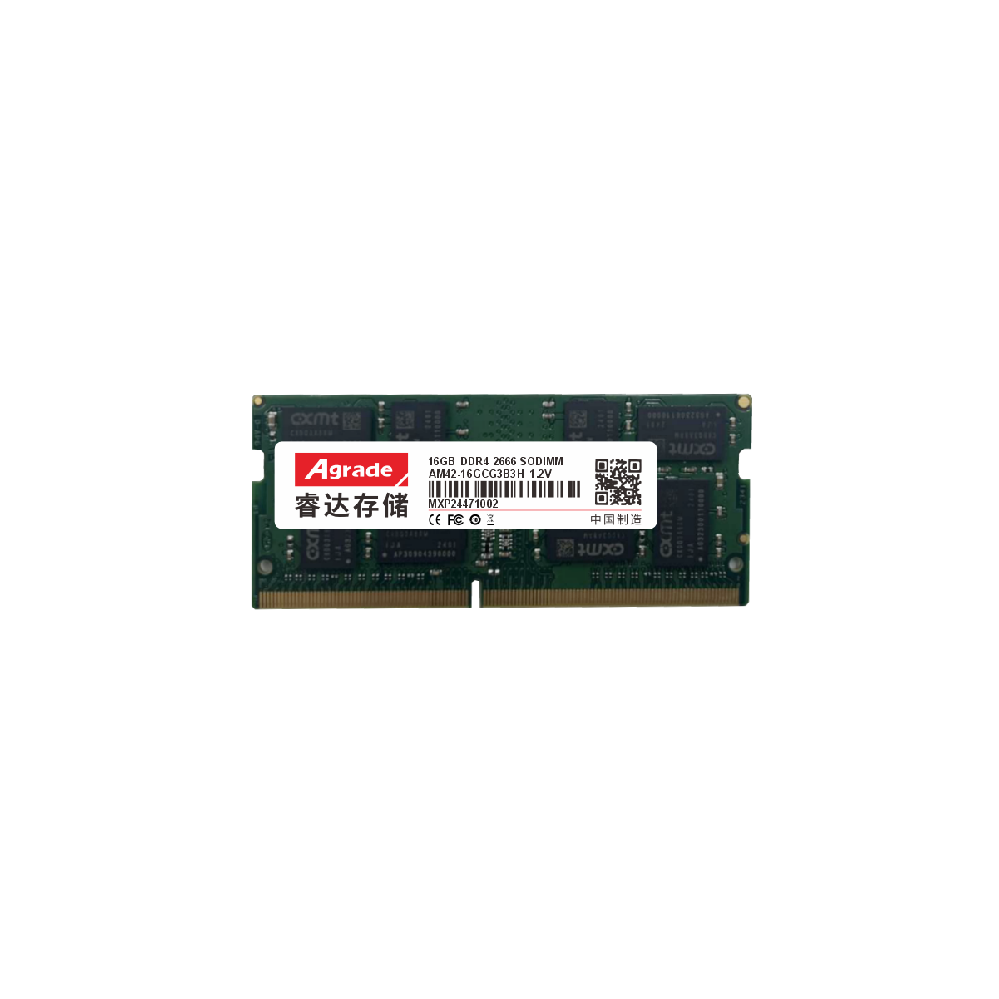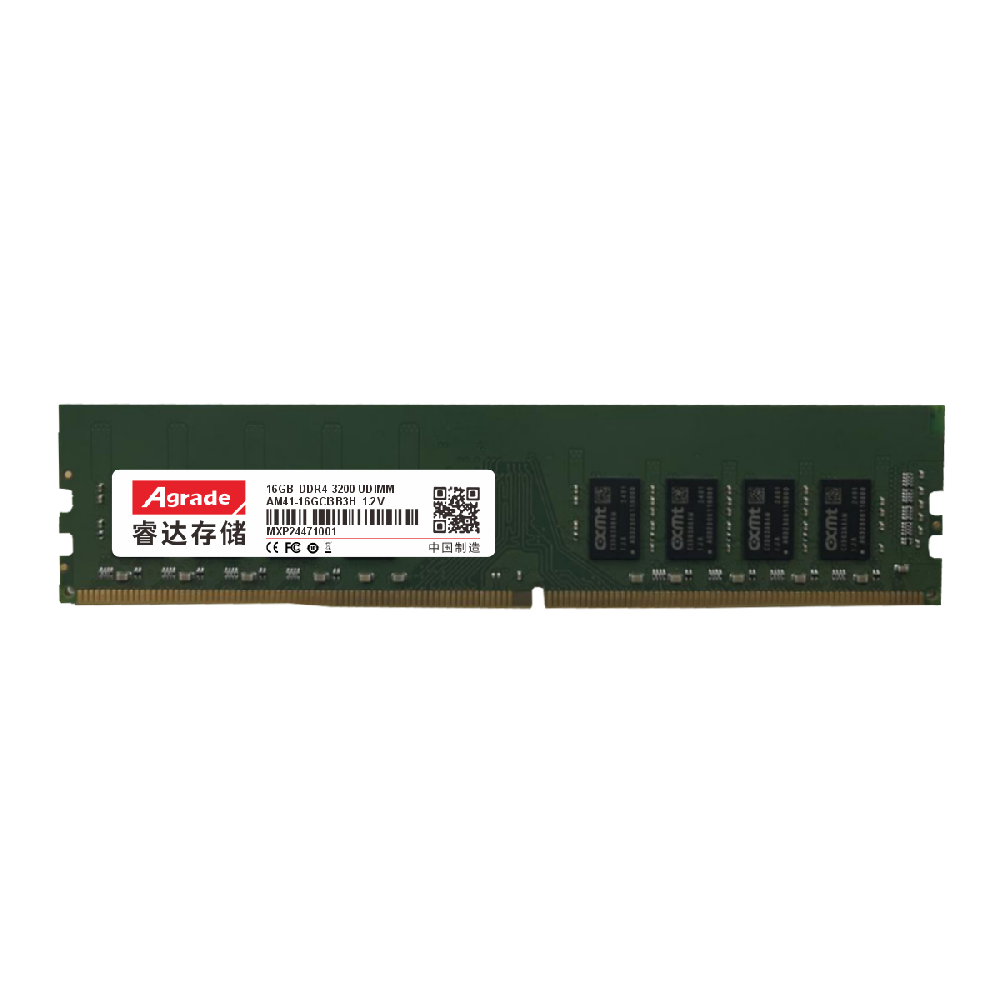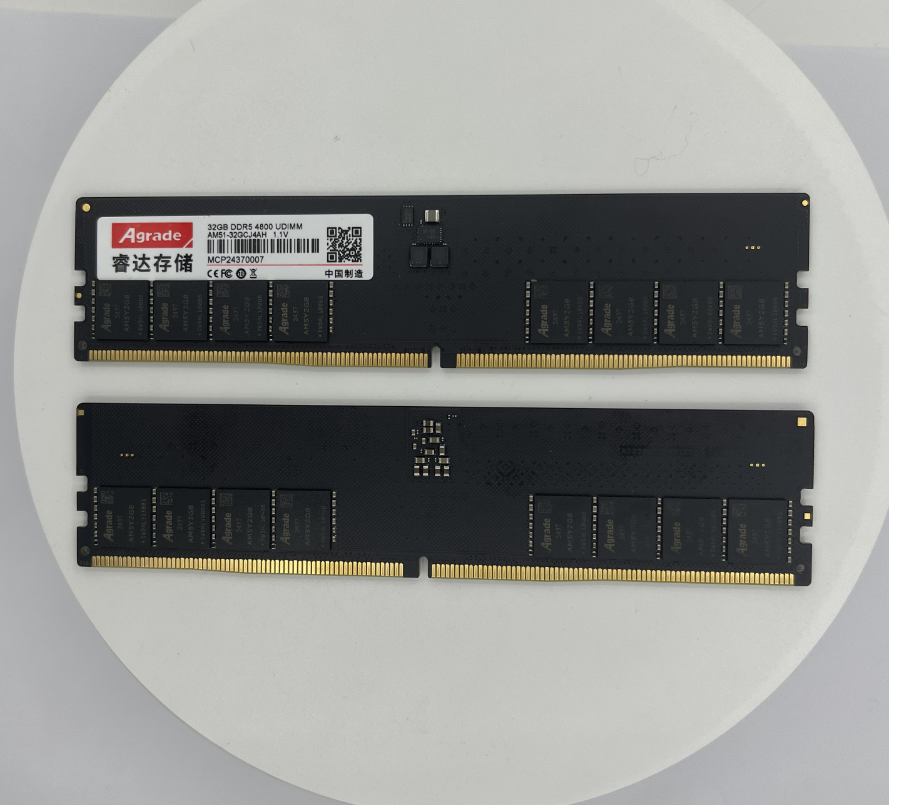

News
 电商部
电商部  2025-10-21 11:43:43
2025-10-21 11:43:43 What is a liquid cooled SSD solid state drive and what are its characteristics?
In the current era of surging data and explosive growth in computing power demand, data centers and high-performance computing devices are facing severe heat dissipation challenges. As an innovative achievement in the storage field, liquid cooled SSDs are emerging with their unique advantages.
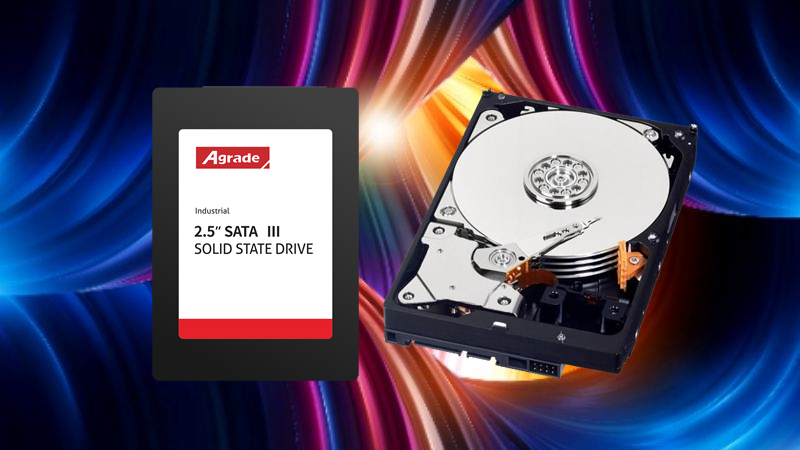
What is a liquid cooled SSD
Liquid cooled SSD refers to a solid-state drive that uses liquid cooling heat dissipation technology. Traditional SSDs mainly rely on natural heat dissipation or air cooling, but in high load and long-term operating scenarios, the heat dissipation efficiency is limited, which can easily lead to high SSD temperatures, resulting in performance degradation, shortened lifespan, and even data loss. Liquid cooled SSDs take a different approach by utilizing the efficient thermal conductivity of liquids to rapidly conduct and dissipate the heat generated by SSDs. It usually tightly combines the SSD chip with the liquid cooling module. The low boiling point and high specific heat capacity coolant circulates inside the liquid cooling module. When the SSD is working, the heat generated is transferred to the liquid cooling module, and the coolant absorbs the heat, heats up and vaporizes. After releasing the heat in the heat exchanger, it liquefies and flows back. This cycle continues to cool the SSD.
Characteristics of Liquid Cooled SSD
Excellent heat dissipation performance
The heat dissipation efficiency of liquid cooled SSDs far exceeds traditional heat dissipation methods. The thermal conductivity of coolant is tens or even hundreds of times that of air, which can quickly absorb and remove the heat generated by SSDs, keeping them within the appropriate operating temperature range. Taking data centers as an example, after adopting liquid cooled SSDs, the operating temperature of SSDs can be reduced by 15 ℃ -30 ℃, effectively avoiding performance fluctuations caused by overheating and ensuring stable and efficient data reading and writing.
Improve performance
Low temperature environment helps SSD chips achieve optimal performance. The stable low-temperature working state of liquid cooled SSD can reduce the resistance and leakage current of the chip, and improve the data transmission rate and response speed. In scenarios such as game rendering and high-frequency financial trading that require high storage performance, liquid cooled SSDs can reduce data read and write latency by 30% -50%, significantly improving the overall system efficiency.
Extend service life
High temperature is the 'invisible killer' of electronic components, which accelerates the aging of internal components in SSDs. Liquid cooled SSDs effectively control temperature, reduce thermal stress damage to SSD flash memory particles and main control chips, and extend their service life. According to calculations, compared to traditional heat dissipation SSDs, liquid cooled SSDs can extend their lifespan by more than 30% and reduce equipment replacement costs.
Energy saving and noise reduction
Liquid cooling systems do not require mechanical components such as fans for heat dissipation, and operate with almost no noise, creating a quiet operating environment for data centers and high-performance computing devices. Meanwhile, due to its high heat dissipation efficiency, it can reduce the additional electricity consumed due to heat dissipation, lower overall energy consumption, and align with the development trend of green data centers.














